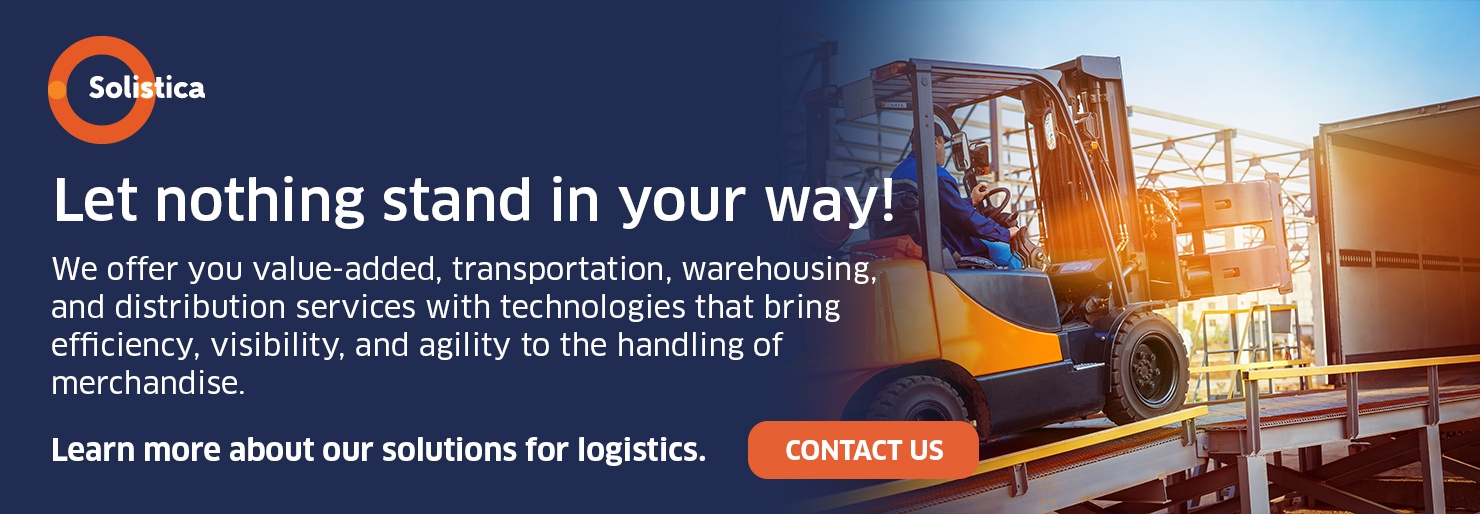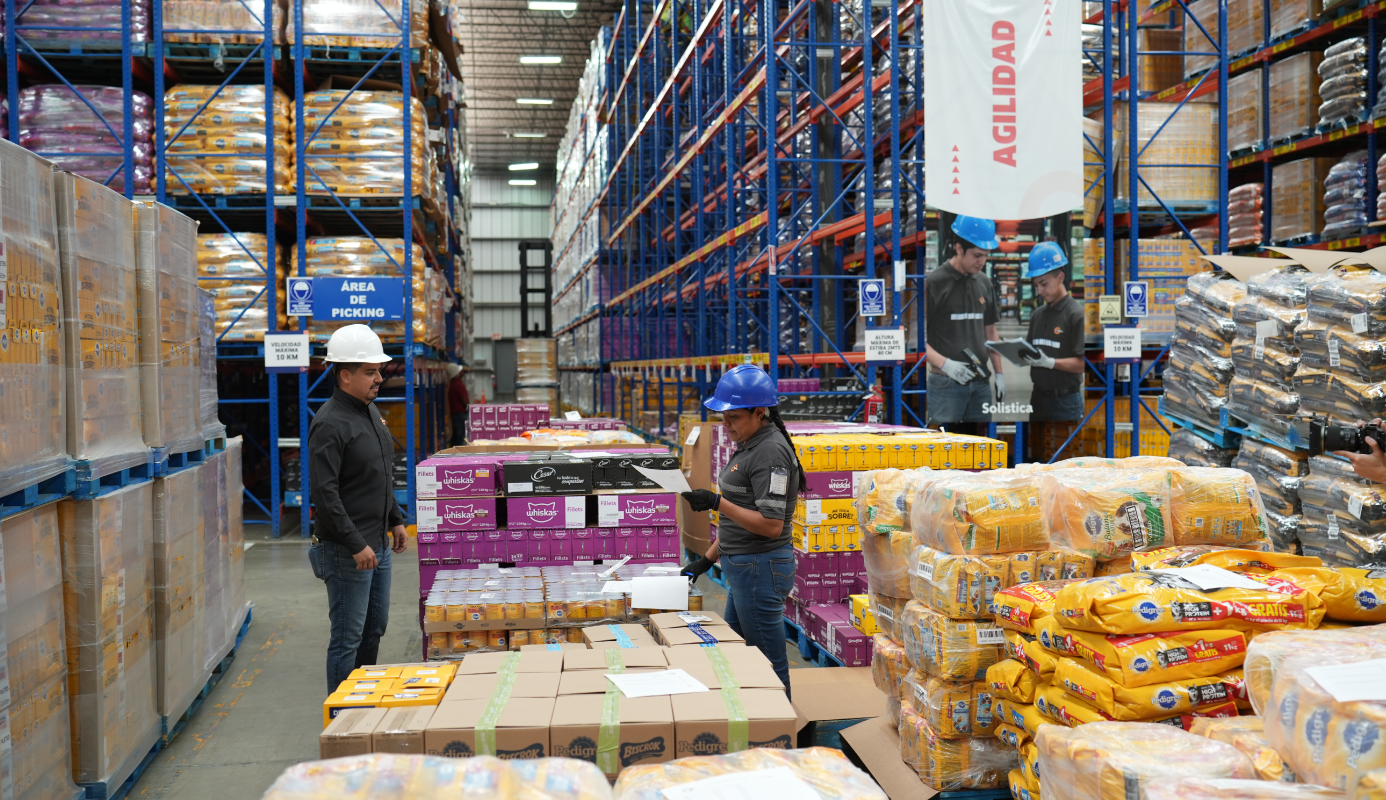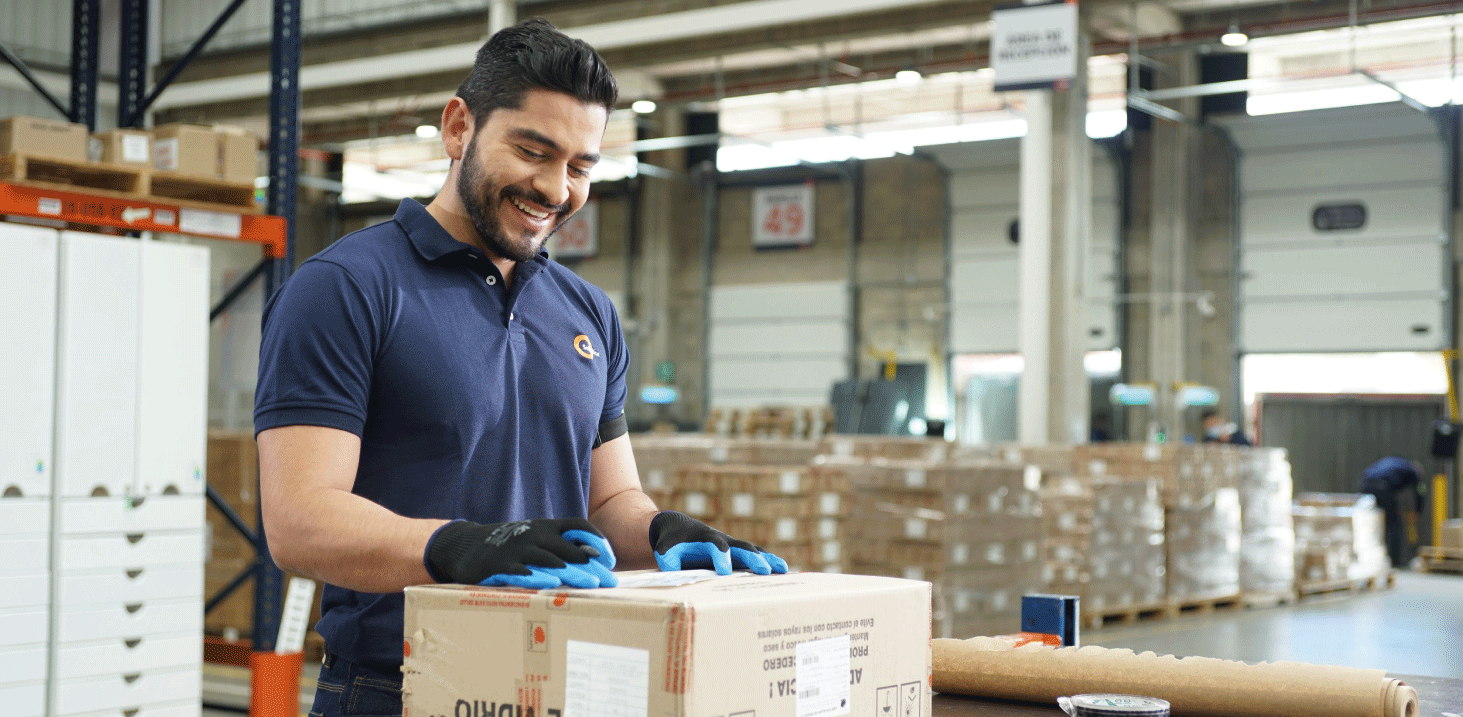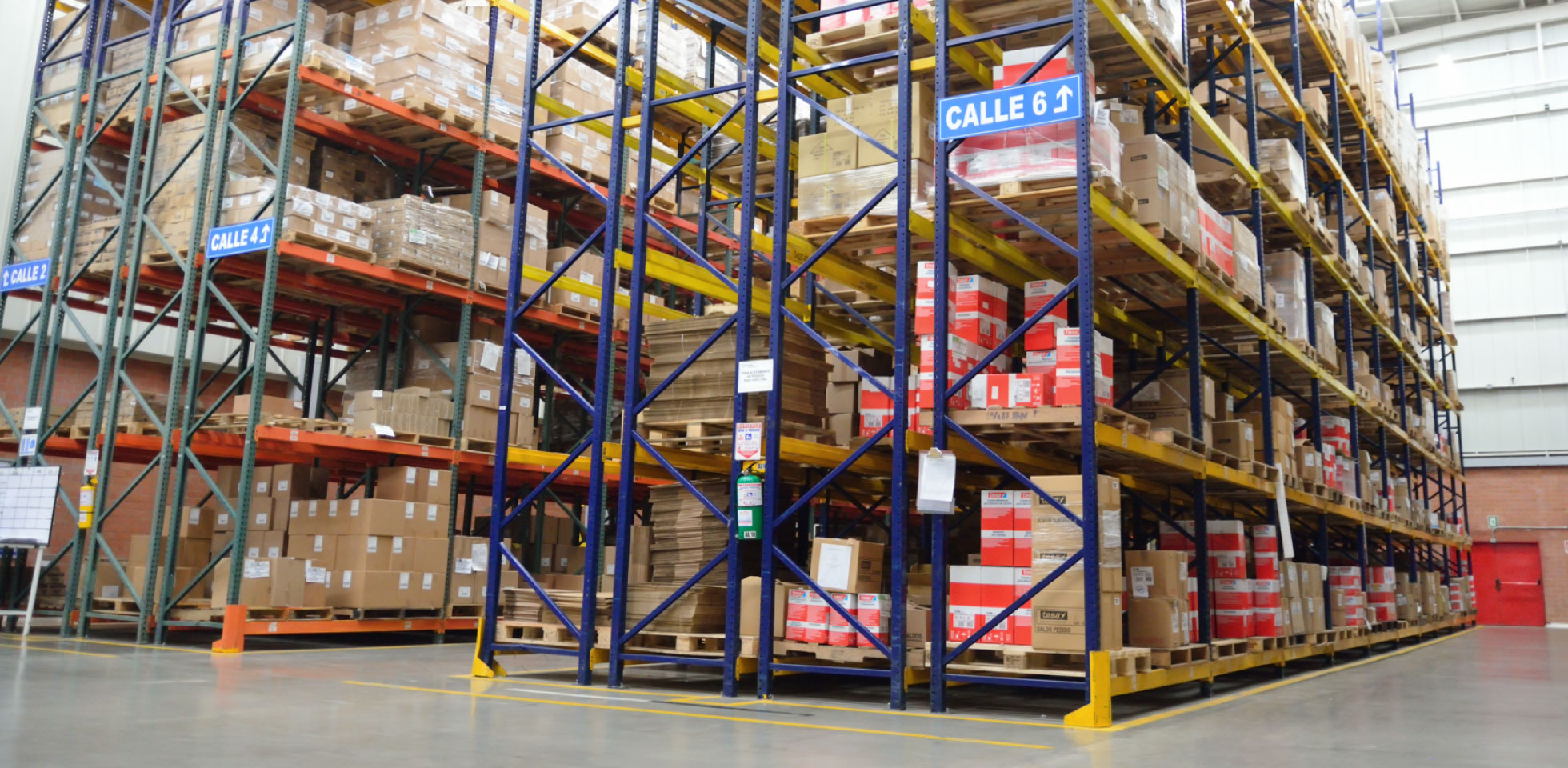To address contingencies timely, companies should foresee events and prepare for them by implementing protocols and action lines that integrate all the players in its network so it can increase its options to manage the transport warehousing, and other operations.
Identifying the capacities and occupation of the operations beforehand is always important for having an accurate control over the available capacity and to understand the physical and intellectual in-house assets we have at our disposal as well as those from our value network to face diverse situations and react faster when dealing with a contingency.
Likewise, it will help us foresee risks and list viable transport alternatives for scenarios that limit the flow of cargo via land, air, and water.
It is also convenient to document the actions carried out during contingencies, to strengthen prevention based on experience.
The following are some other actions we recommend carrying out during contingencies:
- Integrating joint efforts, including government agencies to enable backup transport alternatives. Integrating diverse managing committees is a good option as they will help anticipate the impacts of the crisis, establish overall guidelines to address it, and greenlight critical issues for the operations and people.
- Structuring internal administrative processes to facilitate negotiations and agreements for collaboration with diverse strategic players.
- Creating guiding protocols per area to give our operations more flexibility when facing crises, if needed.
- Preparing the communication departments to broadcast the needs and consequences of the events triggering the crisis.
How to activate a collaborative management during a contingency
The first step is to send a contingency alert outlining the situation.
Next, call a meeting with the main players in the network, either suppliers, logistics companies, distributors, or trading partners.
In this initial meeting, the issues and impact on customers must be fully addressed. We must also create a space where we can collaborate to create and implement basic and quick initiatives that help alleviate the crisis. Lastly, we must agree on the frequency of the control meetings.
According to the moment’s needs, we must secure the cooperation of other key players for dealing with the crisis. For example, providers of services, suppliers, government agencies, associations, and so forth.
Then, it is essential for us to continue strengthening these relationships so we can facilitate collaboration at a higher level and scope.
The pandemic and the measures for continuing operations
A vast number of ways to manage contingencies are being used during this pandemic.
For logistics, manufacturing, warehousing, and transportation services to keep on working, we had to strengthen and take on new sanitation procedures – as per the recommendations of the health authorities – ever since this global emergency started.
For example: we have strengthened the continuous cleaning of warehouses, offices, meeting rooms, and transport vehicles for work inside the facilities, where antibacterial gel dispensers and temperature checkpoints have been installed.
Most companies in this sector have switched meetings to remote and have encouraged home office as much as the employee’s tasks allows it, putting non-essential in-classroom training at a standstill.
Likewise, mandatory rules for staff have been duly broadcast both via media campaigns and direct messaging, such as hand washing, use of masks, and social distancing, among others.
In relation to logistics transportation, some companies have opted to ask employees and third-party staff to quarantine at home when returning from trips and to follow a protocol for returning to work.
Lowering the number of visits from suppliers and customers to our facilities has also been encouraged, allowing only strictly essential visits.
But, most of all, contingency protocols have been set to offer the necessary guidelines for facing diverse emergency scenarios.
During the current contingency, many companies have set prevention protocols, including the in-depth cleaning of workspaces, and giving instructions about issues such as handshaking, hand washing, and sneezing. Some others have also set protocols for suspect cases to protect other employees and customers when an individual shows symptoms; protocols for confirmed cases, concerning those who the infected party may have contacted; and protocols for coming back to work for employees who have been hospitalized at clinics and hospitals.
Preparation and collaboration provide better responses for crises such as the one we are currently enduring.







